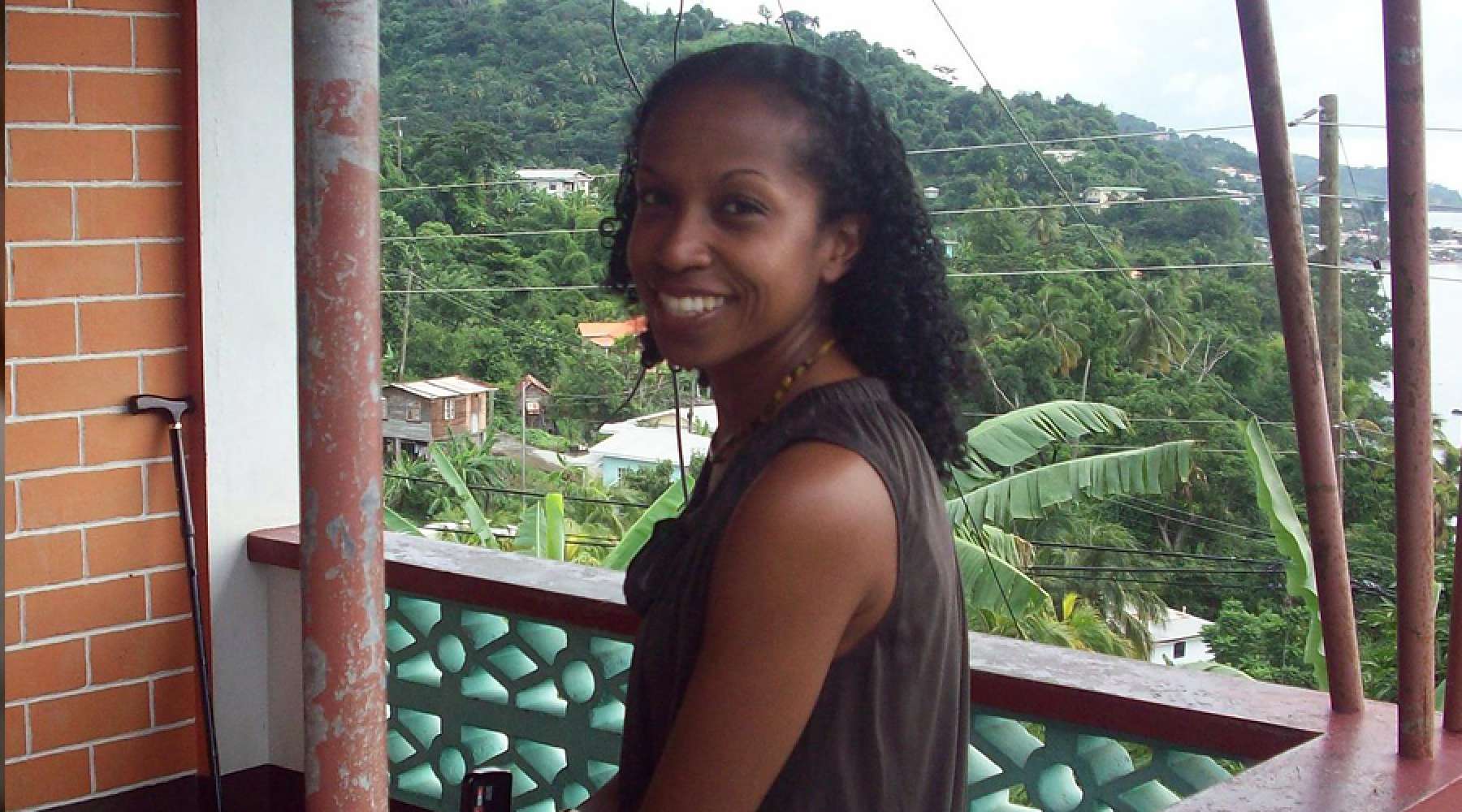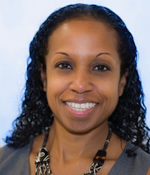
The following post is part of a series of student and alumni perspectives leading into the 26th annual Tuck Diversity Conference, taking place from October 30 through November 1.
One of the things Tuck was instrumental in teaching me was how to quickly adjust and thrive being outside of my comfort zone. Coming from Brooklyn, I was in close proximity to other top business schools, but I packed my bags and a U-Haul truck and drove 270 miles to a quaint New Hampshire hamlet bringing some of my fast-paced New York attitude which initially clashed with the old New England charm and relaxing pace of life in Hanover. But not one day has passed where I regret my decision to attend Tuck. I am a proud alum and will always be grateful to MLT (Management Leadership for Tomorrow) for introducing me to Tuck.
In 2006, I embarked on my post-MBA career path equipped with the right combination of confidence, quantitative and qualitative skills, wisdom, and being comfortable outside my comfort zone, imparted by my Tuck experience. I also appreciated that as a “diverse candidate” I had the opportunity to leverage my diversity of perspectives, intellectual flexibility, and my ability to seamlessly switch between two worlds, into being an innovator and leader. Some of these attributes I had prior to Tuck but the Tuck “bubble” enabled me to enhance and refine them.
"Many times, our career paths are not straight, and frankly, many times we are better for it. We should embrace our rich experiences and perspectives being ethnically, culturally, racially diverse professionals. Take the most difficult assignments, learn how to turn ideas into real businesses, and figure out necessary answers that were not obvious to some."
Although I chose a non-linear career path to impact investing private equity, as a methodical business school grad, at times that drove me crazy. It’s easy to fall into wanting a linear career path. But I am convinced that my decision to take detours was influenced by my ability to be flexible and comfortable with being uncomfortable and that helped me to develop my professional and personal skills more than I would have, had I taken a linear path. Realistically speaking, the luxury of taking linear paths is diminishing anyway. If we want to be catalyst leaders, we must be catalysts for our own careers.
When I was at Citigroup Community Capital, I was doing impact investing before it was even coined by the Rockefeller Foundation in 2007. After leaving Citigroup, I took the calculated risk to temporarily leave impact investing because I anticipated that the industry, which initially captured a broad spectrum of investments, would mature to offer specialized products and thematic funds in different focus areas. I had an interest in clean energy and I joined Lockheed Martin Energy as a strategist for the energy efficiency group. At the time, not as sexy as being in cleantech and far from impact investing private equity.
When I started at Lockheed, I wasn’t sure where I would end up but during my time here, energy efficiency, renewable energy and energy storage converged with Internet of Things and other breakthrough technologies and the energy ecosystem started to accelerate. I worked my way through different stretch assignments and one assignment no one wanted but I shaped and elevated that assignment into a permanent revenue-generating management position. I also manage a strategy team that partners with startups, helping to commercialize innovative cleantech products through the deployment of those technologies to utility customers. My positions at Lockheed have developed my cleantech knowledge and operating experience, bringing me back on my career path to impact investing private equity poised to launch my own impact investing fund with the experience needed to invest in cleantech companies.
Many times, our career paths are not straight, and frankly, many times we are better for it. We should embrace our rich experiences and perspectives being ethnically, culturally, racially diverse professionals. Take the most difficult assignments, learn how to turn ideas into real businesses, and figure out necessary answers that were not obvious to some. It will be from these unique professional and life experiences that we will persevere, dig deeper for possibilities, and ultimately determine pathways others couldn’t see or don’t consider.

Gillian D. Francis is a specialist in sustainable and impact investing, with more than 20 years of experience in capital markets, private equity, and real assets. She has worked across a broad array of investment and portfolio management functions related to fund, company and asset-level investments. Currently, she works for Lockheed Martin partnering with start-up companies to help manage deployment of innovative cleantech products. An amateur squash player, Gillian shares her love for the sport with kids as a mentor for StreetSquash for the CASAS (College Access & Success and Alumni Support) program.